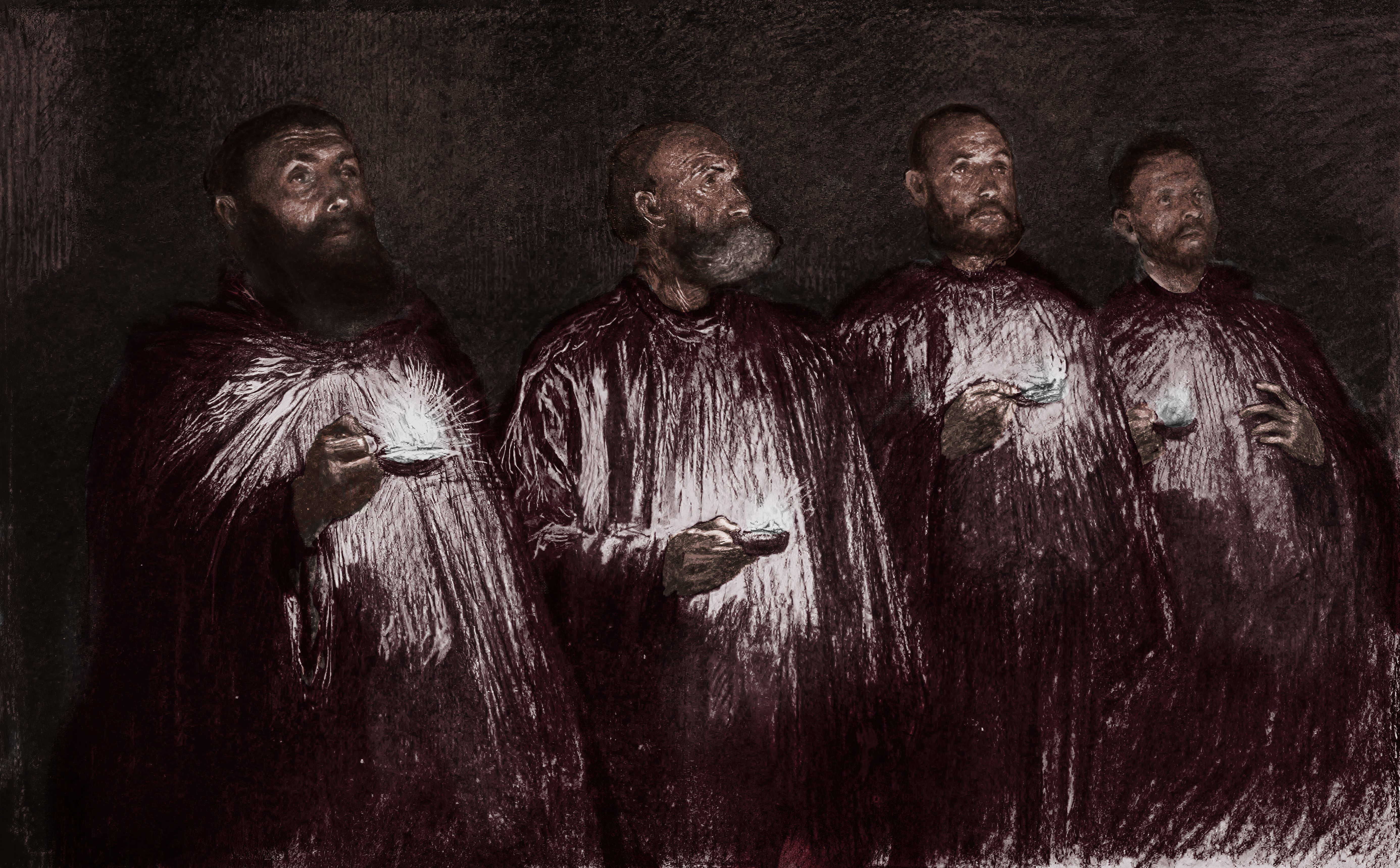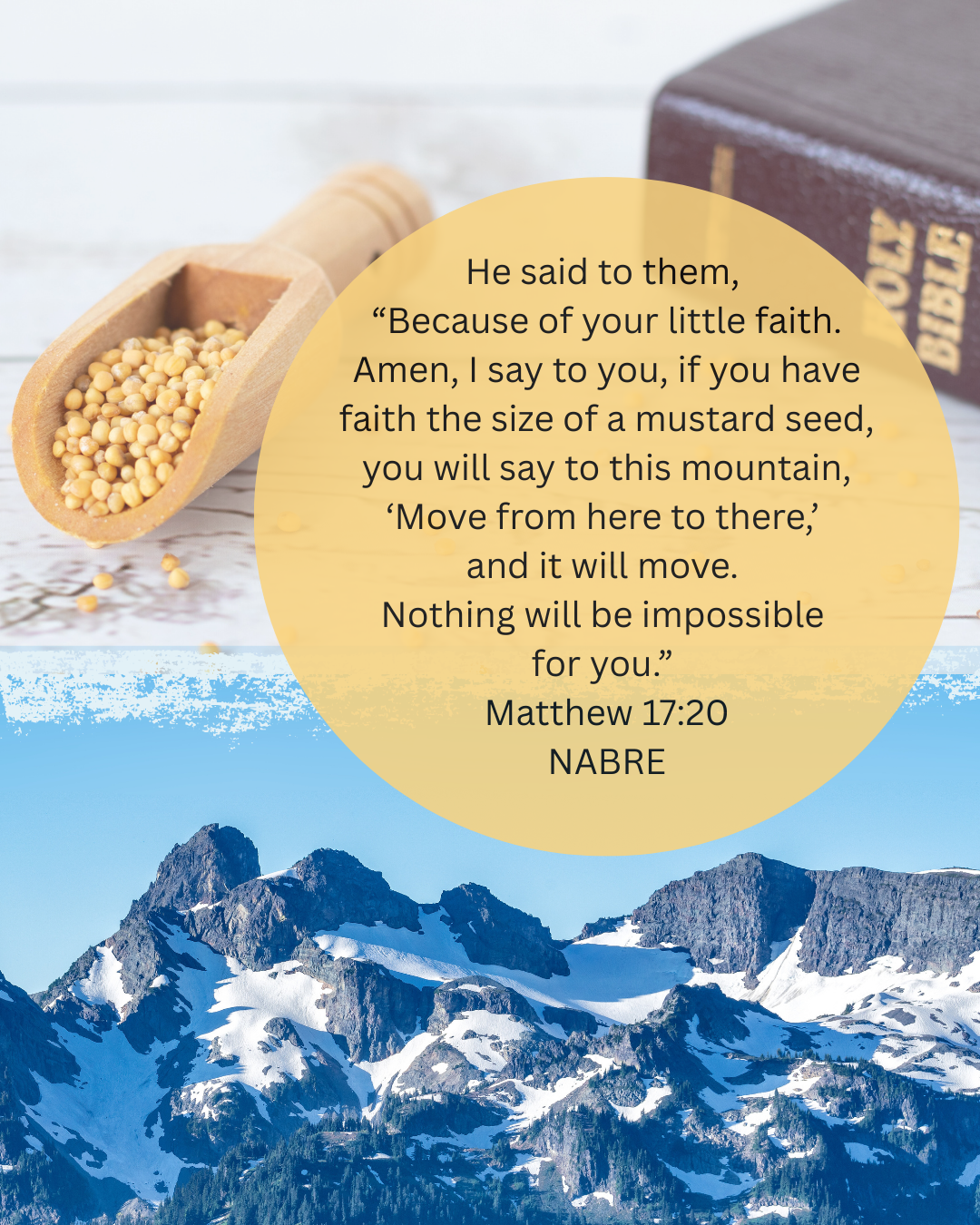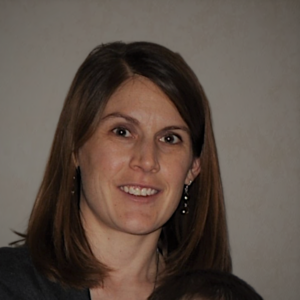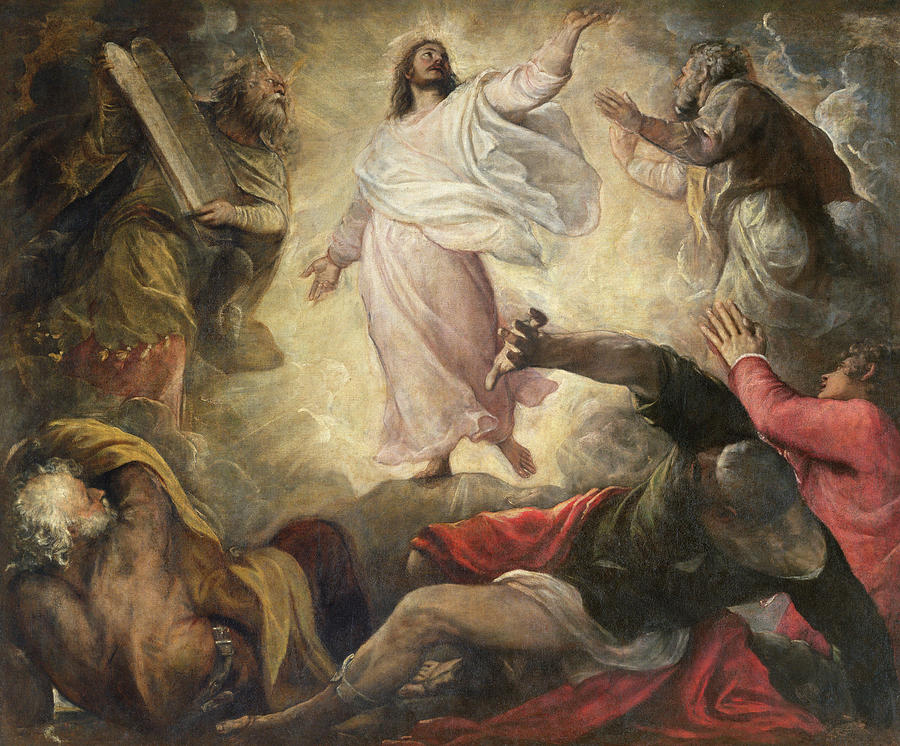Sometimes we overcomplicate the faith. I teach OCIA classes at our parish and it can be very tempting to try to explain every single aspect of Catholicism in the very limited time we have during class. It’s like trying to fill a thimble with the waters of the ocean, it is simply not all going to fit. I often have people ask in class, “What are the core things I have to believe to become Catholic?” There is no simple answer to this question. Some would say the Creed. Others would say the moral teachings of the Church. Still others would say memorizing Scripture.
All of these things are probably getting to the answer, but they aren’t comprehensive, because they are focusing on external aspects that we must do and not so much on the internal wanderings of the heart. In today’s first reading, Moses helps to put it succinctly. He says, “And now, Israel, what does the LORD, your God, ask of you but to fear the LORD, your God, and follow his ways exactly, to love and serve the LORD, your God, with all your heart and all your soul, to keep the commandments and statutes of the LORD which I enjoin on you today for your own good?”
Oh so that’s all? Seems like a pretty long list. The reason I like reflecting on this list is that it gets at both the externals and internals. We need to follow God’s commandments but we also need to have a healthy fear of the Lord in our hearts. We need to follow his ways exactly but we also need the interior disposition required to love and serve the Lord. In other words, we need relationship.
No matter how many classes we go through, there will always be more to learn about the faith. The Christian life is not just following rules, but our destiny is to eventually participate fully and completely in the divinity of God Himself.
I do not know where you are at in your walk of faith. What I do know is that God is the One who is teaching us the proper form. It is only in relationship with Him that we can see His laws as guidelines for us to flourish as opposed to edicts that are put in place to just make us miserable.
Wherever you are in your faith, take a moment to simply reflect on the fact that God wants to one day be perfectly united with you in heaven. That is the end goal. If you need help getting there a good place to start is by slowly reading today’s verses from Moses. God gives us the tools, he gives us the grace, he gives us the strength, let’s use all of this to enter more deeply into relationship with the One who loves us.
From all of us here at Diocesan, God bless!
A veces complicamos demasiado la fe. Doy clases de OCIA en nuestra parroquia y puede ser muy tentador intentar explicar cada aspecto del catolicismo en el tiempo tan limitado que tenemos en clase. Es como intentar llenar un dedal con las aguas del océano; simplemente no cabe todo. A menudo, la gente me pregunta en clase: “¿Cuáles son las cosas fundamentales que debo creer para convertirme en católico?” No hay una respuesta sencilla a esta pregunta. Algunos dirían el Credo. Otros, las enseñanzas morales de la Iglesia. Y otros, memorizar las Escrituras.
Todas estas cosas probablemente nos lleven a la respuesta, pero no son exhaustivas, porque se centran en aspectos externos que debemos hacer y no tanto en los movimientos internos del corazón. En la primera lectura de hoy, Moisés ayuda a resumirlo. Dice: “Ahora, Israel, advierte bien lo que el Señor te pide: Que temas al Señor, tu Dios; que cumplas su voluntad y lo ames; que sirvas al Señor, tu Dios, con todo el corazón y toda el alma; que cumplas los preceptos del Señor, y los mandamientos que hoy te impongo para tu bien”.
¿Ah, sí? ¿Eso es todo? Parece una lista bastante larga. Me gusta reflexionar sobre esta lista porque abarca tanto lo externo como lo interno. Necesitamos seguir los mandamientos de Dios, pero también necesitamos tener un sano temor del Señor en nuestros corazones. Necesitamos seguir fielmente sus caminos, pero también necesitamos la disposición interna necesaria para amar y servir al Señor. En otras palabras, necesitamos estar en relación.
No importa cuántas clases tomemos, siempre habrá más que aprender sobre la fe. La vida cristiana no se trata solo de seguir reglas, sino que nuestro destino es participar finalmente de forma plena y completa en la divinidad de Dios mismo.
No sé en qué punto te encuentras en tu camino de fe. Lo que sí sé es que Dios es quien nos enseña la forma correcta. Solo en relación con Él podemos ver sus leyes como guías para nuestro progreso, en lugar de edictos establecidos para hacernos miserables.
Independientemente de tu fe, tómate un momento para reflexionar sobre el hecho de que Dios quiere un día estar perfectamente unido a ti en el cielo. Ese es el objetivo final. Si necesitas ayuda para lograrlo, un buen punto de partida es leer lentamente los versículos de Moisés de hoy. Dios nos da las herramientas, la gracia y la fuerza; usemos todo esto para profundizar en nuestra relación con Aquel que nos ama.
De parte de todos nosotros aquí en Diocesan, ¡Dios te bendiga!

Tommy Shultz is a Business Development Representative for Diocesan. In this role he is committed to bringing the best software to dioceses and parishes while helping them evangelize on the digital continent. Tommy has worked in various diocese and parish roles since his graduation from Franciscan University with a Theology degree. He hopes to use his skills in evangelization, marketing, and communications, to serve the Church and bring the Good News to all. His favorite quote comes from St. John Paul II, who said, “A person is an entity of a sort to which the only proper and adequate way to relate is love.”
Feature Image Credit: Lili Popper, unsplash.com/photos/gray-and-white-pathway-between-green-plants-on-vast-valley-lu15z1m_KfM
The views and opinions expressed in the Inspiration Daily blog are solely those of the original authors and contributors. These views and opinions do not necessarily represent those of Diocesan, the Diocesan staff, or other contributors to this blog.


 Pamela Kavanaugh is a grateful wife, mother, and grandmother who has dedicated her professional life to Catholic education. Though she has done her very best to teach her students well in the subjects of language and religion, she knows that she has learned more than she has taught. She lives, teaches, and writes in southwest suburban Chicago.
Pamela Kavanaugh is a grateful wife, mother, and grandmother who has dedicated her professional life to Catholic education. Though she has done her very best to teach her students well in the subjects of language and religion, she knows that she has learned more than she has taught. She lives, teaches, and writes in southwest suburban Chicago.
 Nicole Berlucchi is a faith and family blogger (
Nicole Berlucchi is a faith and family blogger (
 Allison Gingras (
Allison Gingras (
 Kimberly Andrich writes from the perspective of having a hidden, chronic illness and experiencing a deep, continuous conversion through being yoked to Jesus in the day-to-day trials and joys of life. She is a wife, mother of 5, and daughter of the King. Kimberly also writes for
Kimberly Andrich writes from the perspective of having a hidden, chronic illness and experiencing a deep, continuous conversion through being yoked to Jesus in the day-to-day trials and joys of life. She is a wife, mother of 5, and daughter of the King. Kimberly also writes for 


 Felix Urcia was born in Lima, Peru. He moved the U.S. to complete his college degree in Computer Science at Northern Kentucky University. He is passionate about his faith, his family, education and soccer. When he is not homeschooling and caring for his young children he enjoys personal programing projects and sports analysis. He and wife live in a small town in Western Michigan where they enjoy spending time with their five children.
Felix Urcia was born in Lima, Peru. He moved the U.S. to complete his college degree in Computer Science at Northern Kentucky University. He is passionate about his faith, his family, education and soccer. When he is not homeschooling and caring for his young children he enjoys personal programing projects and sports analysis. He and wife live in a small town in Western Michigan where they enjoy spending time with their five children.

 Kathryn Mulderink, MA, is married to Robert, Station Manager for Holy Family Radio. Together they have seven children (including Father Rob), and eleven grandchildren. She is President of the local community of Secular Discalced Carmelites and has published five books and many articles. Over the last 30 years, she has worked as a teacher, headmistress, catechist, Pastoral Associate, and DRE, and as a writer and voice talent for Catholic Radio. Currently, she serves the Church by writing and speaking, and by collaborating with various parishes and to lead others to encounter Christ and engage their faith. Her website is
Kathryn Mulderink, MA, is married to Robert, Station Manager for Holy Family Radio. Together they have seven children (including Father Rob), and eleven grandchildren. She is President of the local community of Secular Discalced Carmelites and has published five books and many articles. Over the last 30 years, she has worked as a teacher, headmistress, catechist, Pastoral Associate, and DRE, and as a writer and voice talent for Catholic Radio. Currently, she serves the Church by writing and speaking, and by collaborating with various parishes and to lead others to encounter Christ and engage their faith. Her website is 
 Tami Urcia is a midwestern gal from a large Catholic family. As a young adulthood she was a missionary in Mexico, where she studied theology and philosophy. After returning stateside bilingual, she gained a variety of work experience, traveled extensively and finished her Bachelor’s Degree at Brescia University. She loves organizing and simplifying things, watching her children play sports, deep conversations with close family and friends and finding unique ways to brighten others’ day with Christ’s love. She works full time at Diocesan in the Software Department and manages the Inspiration Daily reflections. She is also a contributing writer on
Tami Urcia is a midwestern gal from a large Catholic family. As a young adulthood she was a missionary in Mexico, where she studied theology and philosophy. After returning stateside bilingual, she gained a variety of work experience, traveled extensively and finished her Bachelor’s Degree at Brescia University. She loves organizing and simplifying things, watching her children play sports, deep conversations with close family and friends and finding unique ways to brighten others’ day with Christ’s love. She works full time at Diocesan in the Software Department and manages the Inspiration Daily reflections. She is also a contributing writer on 